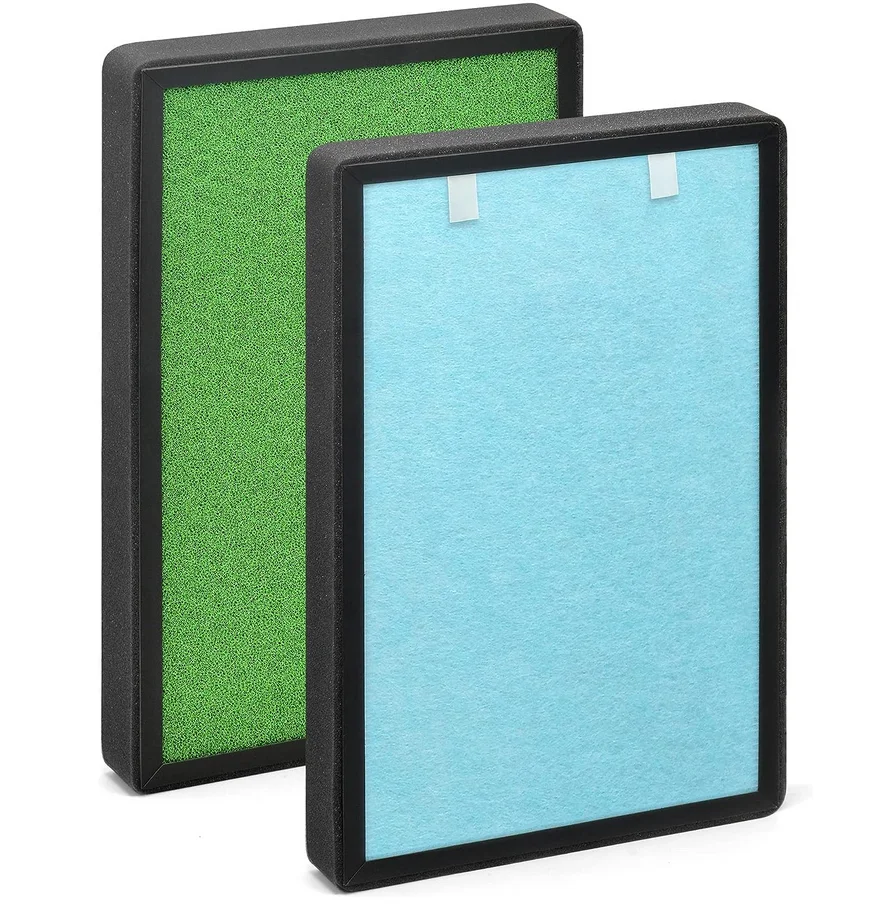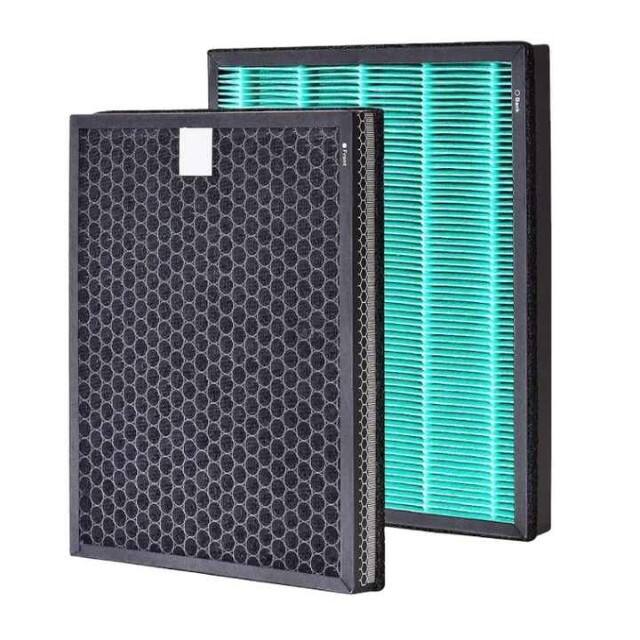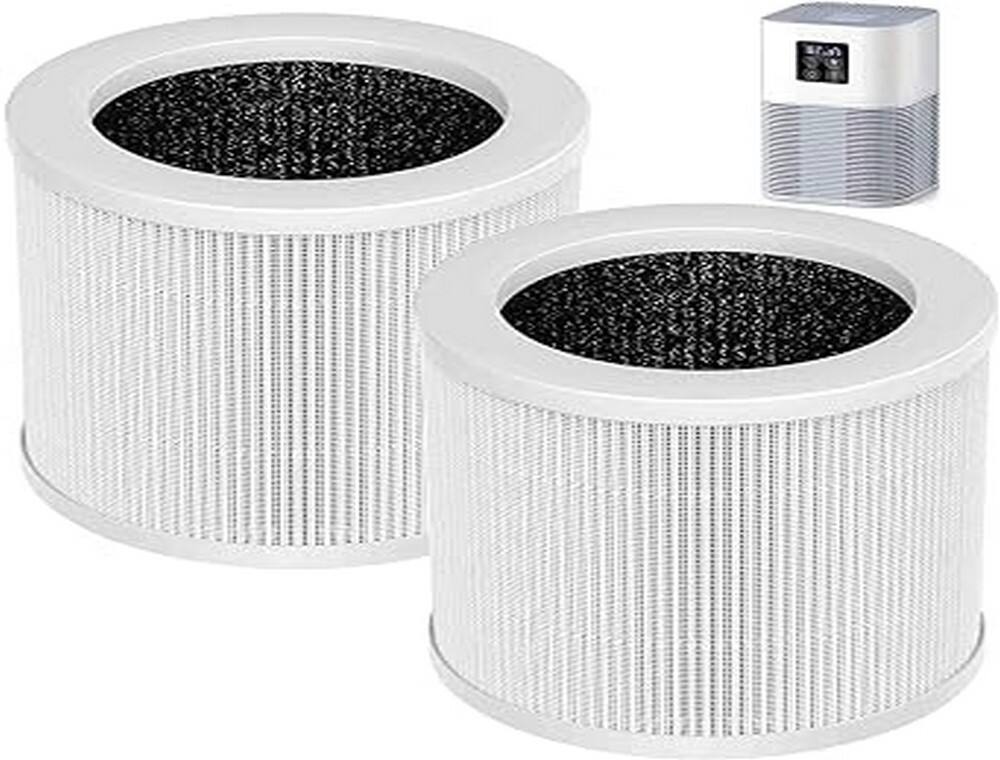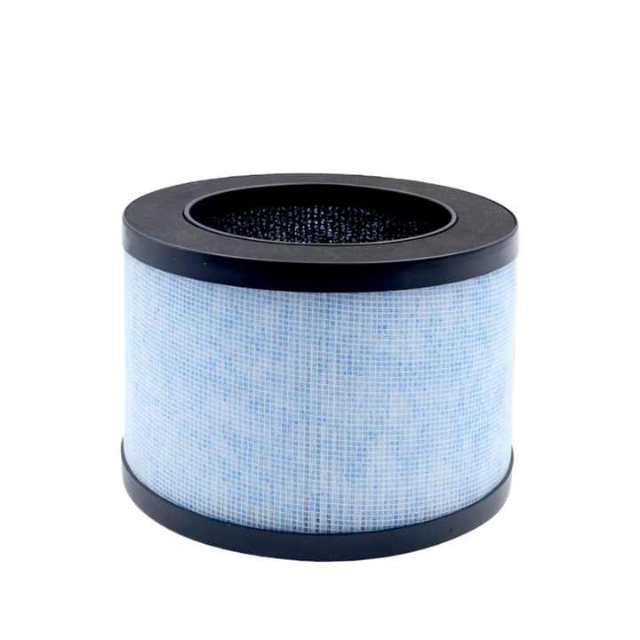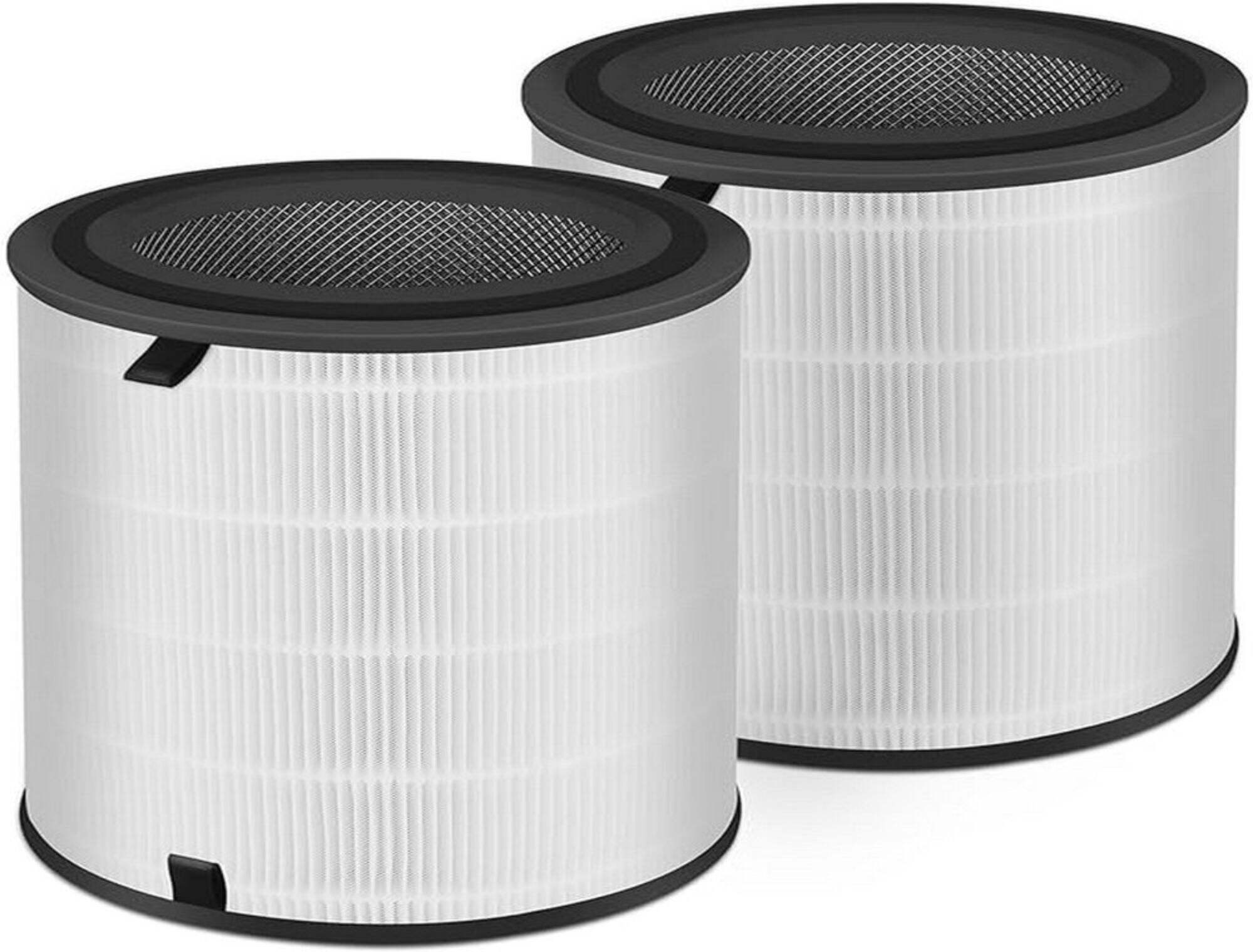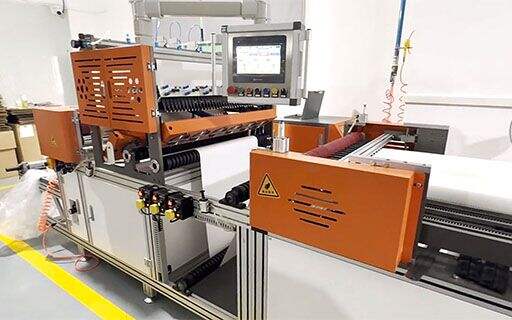Understanding Air Purifier Filters: Improving Indoor Air Quality
Air purifier filters are integral to cleaner, healthier indoor environments in the field of indoor air quality management. These filters trap particles, allergens, and pollutants present in the air which makes the air we inhale better.
Types of Air Purifier Filters
HEPA Filters: The High-Efficiency Particulate Air (HEPA) filters are known for their capability of capturing about 99.97% of particles as small as 0.3 microns. They are very effective against dust, pollen, pet dander, mold spores and other airborne allergens. People with allergies or respiratory conditions must have HEPA filters.
Activated Carbon Filters: Absorbing odors from the air is where activated carbon filters excel including gases and volatile organic compounds (VOCs). This works through a process called adsorption which traps contaminants within the porous structure of carbon
Ionic Filters: An electric charge is used by these ionic or electrostatic filters to attract and trap airborne particles. Though useful against smaller particles, this type may generate ozone as a byproduct which can be an issue for those with respiratory sensitivities.
UV Filters: Ultraviolet (UV) light filters make use of UV-C radiation that kills bacteria, viruses and mold spores that go through the air purifier. Although it is not a traditional filter, it compliments other types by targeting biological contaminants through UV technology.
Functions of Air Purifier Filters
Mechanically or electronically capturing and neutralizing impurities from the atmosphere is how an air purifier filter works. In this process; particles get trapped on its media or they are deactivated by UV light as it moves through the purifier after being drawn into it meaning that there will be much cleaner and healthier expelled air thus reducing on indoor pollution levels
Benefits of Using Air Purifier Filters
Improved Respiratory Health: Symptoms of allergies and asthma can be reduced through the elimination of allergens, dust and other irritants in the air by air purifier filters therefore leading to a better respiratory health.
Reduced Odors: Activated carbon filters are excellent at getting rid of odors from cooking, pets, or household chemicals enhancing indoor air freshness.
Cleaner Environment: Consistent use of air purifier filters reduces dust accumulation on surfaces and minimizes airborne pollutants ensuring cleaner indoor surroundings.
Choosing the Right Air Purifier Filter
Room size, filtration efficiency (like HEPA vs carbon), noise levels, energy consumption and maintenance requirements are some of the factors to consider when choosing an air purifier filter. Optimal performance and efficiency should always be maintained by replacing filter as recommended by its manufacturer.
Air purifier filters are vital tools for maintaining clean and healthy indoor air environments. These filters provide effective solutions to problems such as allergens, odours or airborne pollution hence improving general well-being. By knowing what different types of filters do; consumers can make wise decisions that will help them live comfortably in safer spaces.
Recommended Products
Hot News
-
What You Need to Know About AIRCARE Humidifier Filters
2024-01-24
-
Filtration Show 2023 USA
2023-12-13
-
Filtech 2024 Germany
2023-12-13
-
Obtain Patent Certificate
2023-12-13

